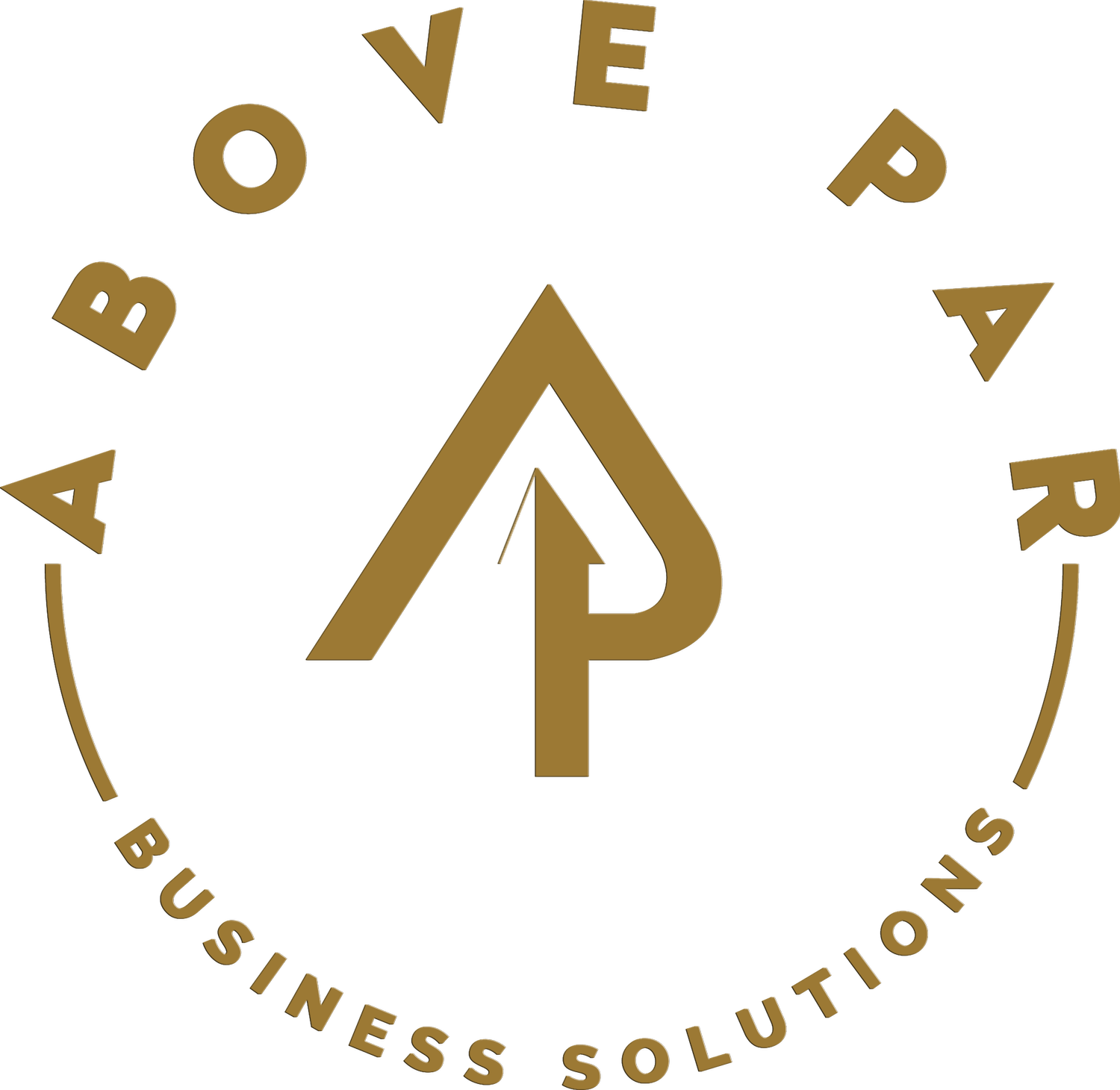Cash vs. Accrual Basis - What's the Difference?
"Does your company operate on a Cash or Accrual Basis?"... ::crickets:: Many successful business owners cannot answer this question about their own company, but it is an important thing to know. Understanding your company's reporting position can help owners interpret their financials better. So what is the difference anyway? Here's a short and sweet breakdown:
CASH BASIS: Cash Basis means that your company recognizes revenue (sales) at the time that it is RECEIVED. Similarly, it means that your company recognizes expenses at the time that they are PAID. It's the more straightforward out of the two methods, and let's be honest, it makes the most logical sense; When you physically deposit the money, it's income…When you physically pay for a bill, it's an expense. But many businesses are NOT on Cash Basis reporting. So what's the alternative?
ACCRUAL BASIS: Accrual Basis means that your company recognizes revenue at the time that it is EARNED (accrued). Similarly, it means that your company recognizes expenses at the time they are INCURRED. Accrual Basis is more conceptual, but from an accounting standpoint, more accurate. If your company sells a service to a customer today (even service will be completed in the future and the customer will pay after the services are rendered), the sale is recognized as revenue today. If your company receives a bill today from a vendor that is due in 15 days, that expense is incurred today (meaning you owe it as of today), so it is recognized as an expense as of today on the books.
So which method should you go with? It depends on your industry and your preference. Many service-based companies, such as restaurants and salons choose to operate on a Cash Basis, since cash flow is often a primary concern. However, most companies opt for Accrual Basis accounting because it reflects more accurately. Additionally, the IRS requires some companies to be on Accrual Basis (such as companies with inventory, companies making over 1 million in revenue, and certain companies offering credit terms). If your business is not one that the IRS requires to be under Accrual Basis, you must declare which method your company will use on your first corporate tax return.
The advantage to Cash Basis accounting is that you have a clearer picture of your company's cash flow position, as the reports are more in line with when income and expenses hit the bank accounts. However, you do not get an accurate picture of what revenue the company anticipates receiving, or the payables the company has incurred. The accrual method gives owners a more complete picture of the company's financial position. If you use QuickBooks, you can enter your transactions on Accrual Basis, and the software gives you the capability to "toggle" the reports between Accrual and Cash Basis, so you can have the best of both worlds!
For more Accounting Tips, follow us on FaceBook and Instagram. For accounting assistance or training, contact us today!
